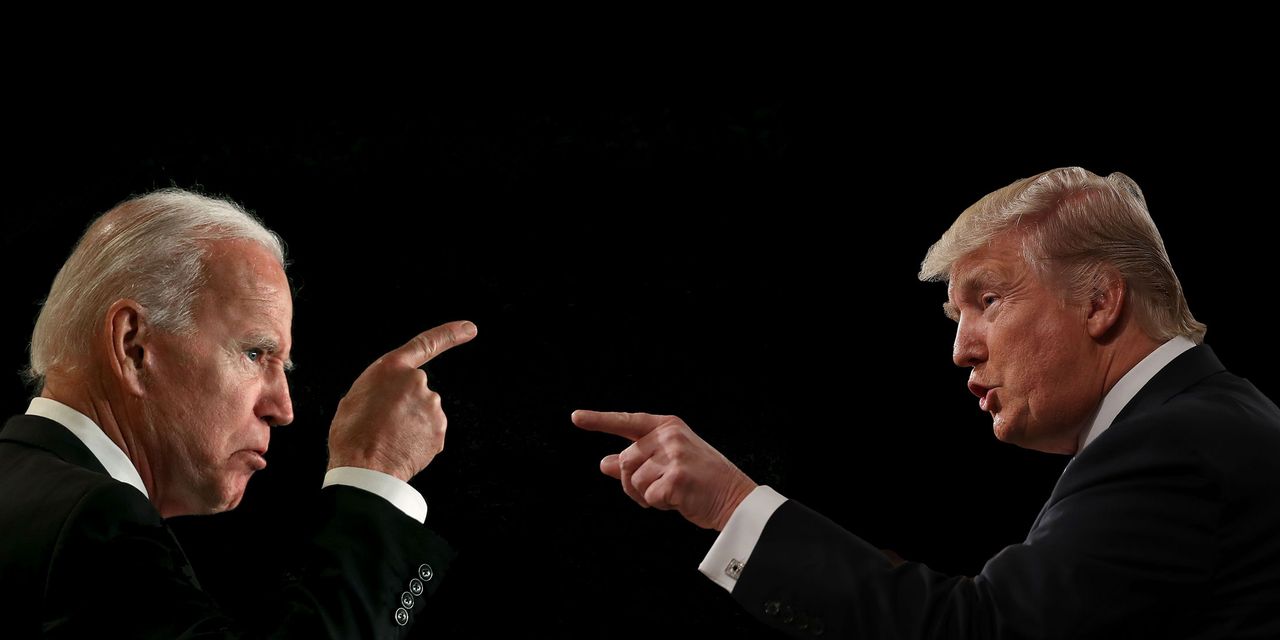In the good times before the age of COVID-19, we all believed that the hot-button issues of the coming election would be normal things like immigration or healthcare; but now, it’s clear that COVID-19 related issues will dominate our politics for the foreseeable future. One under-discussed facet of this change is how America’s growing anti-China sentiment will affect the presidential election and beyond. According to polling conducted by the Pew Research Center during March, 66% of Americans have an unfavorable view of China. This group of anti-CCP Americans has increased by twenty percentage points since President Trump’s election in 2016 and will likely continue to grow as trade disputes heat up and more Americans die from COVID-19. Both the Trump and Biden campaigns have already launched appeals to these prospective voters, releasing a slew of ads painting the other as “weak on China.” While both Trump and Biden compete over who’s tougher on China, neither candidate has the history to back his claims.
Despite his bluster on trade, Trump naively praised and trusted in the Chinese Communist Party’s poor response to COVID-19. On January 24th, less than a month after the CCP punished eight whistleblowers for warning of the virus, Trump thanked them for their “efforts and transparency” in combating the disease. Throughout February, he repeatedly complimented Chinese dictator Xi Jinping for doing a “very good job” and for “working very, very hard.” Even as the virus began to infect tens of thousands of Americans, he continued to call Xi “a friend of mine”. While the President likes to portray himself as a hard-nosed China hawk, his decision to lay blame on the CCP for the spread of the virus was almost certainly made in the hope that it would distract from his administration’s lackluster response to the pandemic, not as part of a broader anti-China strategy.
Biden, on the other hand, has underestimated the threat China poses for decades. He’s part of an outdated generation of American statesmen who believed that a successful China was good for the United States. Because of this, he voted to permanently normalize trade relations with China in 2000, which decisively contributed to China’s rise and the loss of American manufacturing jobs. This belief also explains why the ‘Obama-Biden Administration,’ as the former Vice President likes to call it, failed to press China on intellectual property theft, which costs the U.S. up to 600 billion dollars a year. Explaining his lenience on China, he derisively told Iowan voters that they’re “not bad folks.” While he might be ignorant of the CCP’s many human rights abuses and unfair trade practices, Americans, come Election Day, won’t be – the Trump campaign’s ads will make sure of that.
Both candidates’ campaigns have highlighted many of these issues already, and will likely continue to do so until Election Day. Because of this, both Trump and Biden will be tainted in the eyes of anti-China voters, who’ll either not vote or vote based on other issues. Though anti-China sentiment may have little effect on the outcome of the 2020 election, it will have major effects beyond election day. When Americans realize that, no matter who’s elected in 2020, they won’t get the tough-on-China candidate they desire, disillusionment with Washington D.C. will increase. But there’s a bright side for the China skeptics: the 2024 presidential candidates will be sure to feature many China hawks and, perhaps, one of them will win and change American foreign policy for decades to come.





